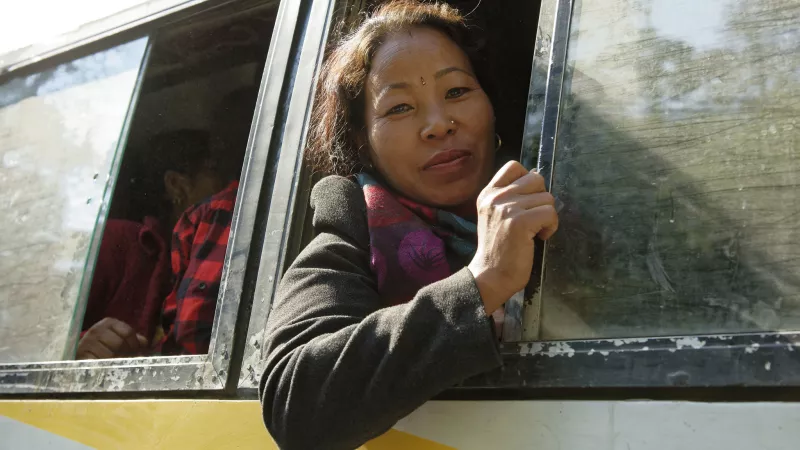
Labour migration
Migrant workers contribute to growth and development in their countries of destination, while countries of origin greatly benefit from their remittances and the skills acquired during their migration experience. Yet, the migration process implies complex challenges in terms of governance, migrant workers' protection, migration and development linkages, and international cooperation. The ILO works to forge policies to maximize the benefits of labour migration for all those involved.
169 M.
migrant workers globally
25% less
is earned by migrants workers
3x
more risk of forced labour for migrants
News and articles
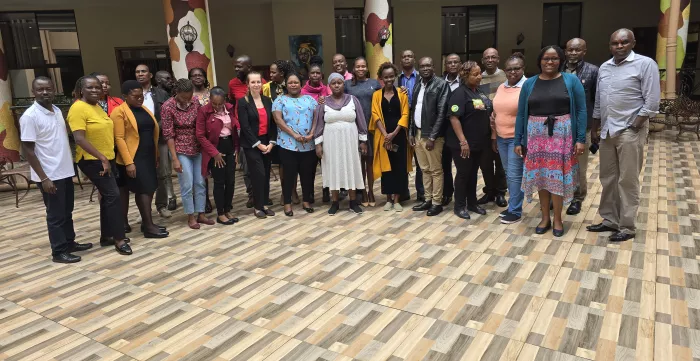
News
NSPS and ILO lead initiative to secure social safety nets for informal workers in Kenya
.jpg3707.webp)
Photo Essay – Empowering Lebanon's youth
Empowering women and embracing sustainability: Mavia Bakery is transforming Beirut's Culinary Scene
Key areas of work
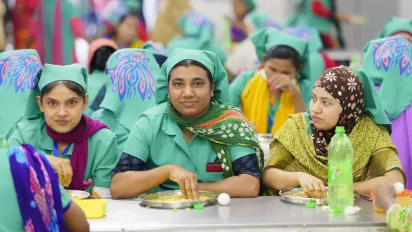
Social Protection for migrant workers
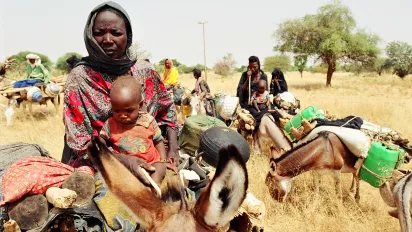
Crisis migration

Human mobility, climate change and a just transition
Projects
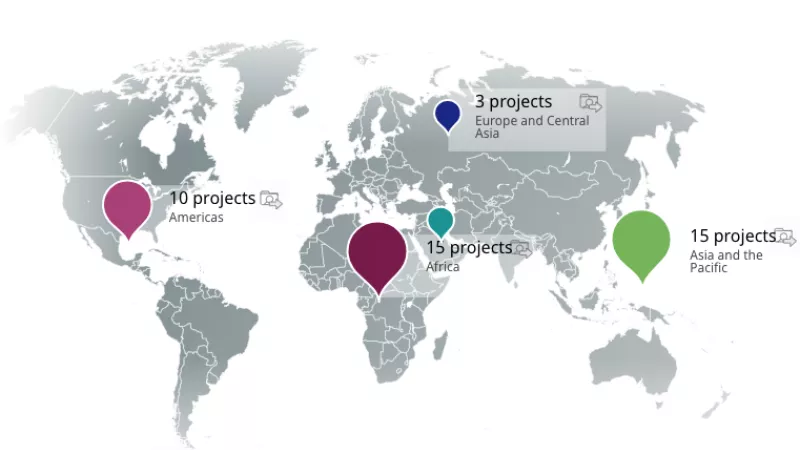
Publications
Full report
Measuring Sustainable Development Goal indicator 10.7.1 on the recruitment costs of migrant workers: Results of the 2019 Philippine Survey on Overseas Filipinos
Ship to Shore Rights South East Asia
Cambodia’s labour migration governance framework: A comparative analysis with international labour standards for recruitment, work in fishing and forced labour
Fact sheet
Reintegration for Bangladesh's Migrant Workers
See also

Global Media Competition on labour migration

ITC ILO trainings on labour migration
International labour standards
Good Practices
Labour migration statistics
Fair migration agenda
Contact
Labour Migration Branch
